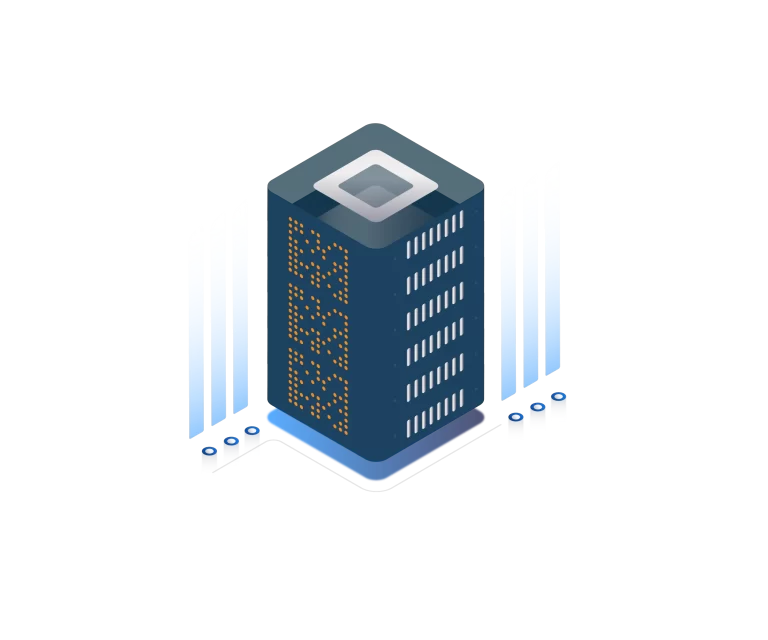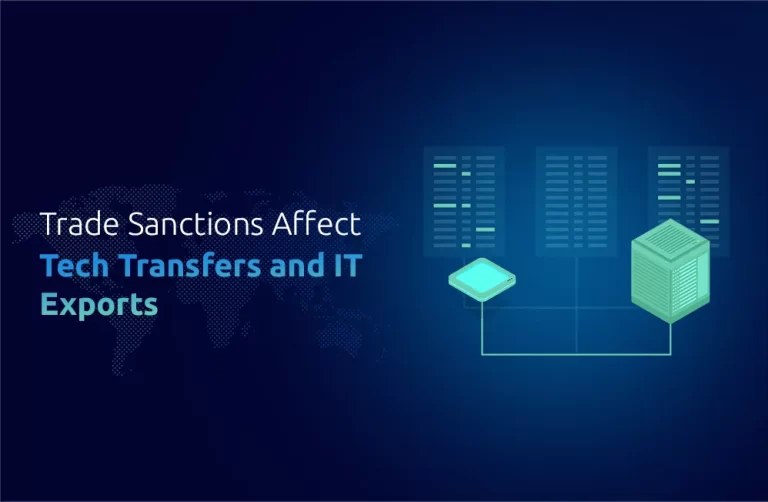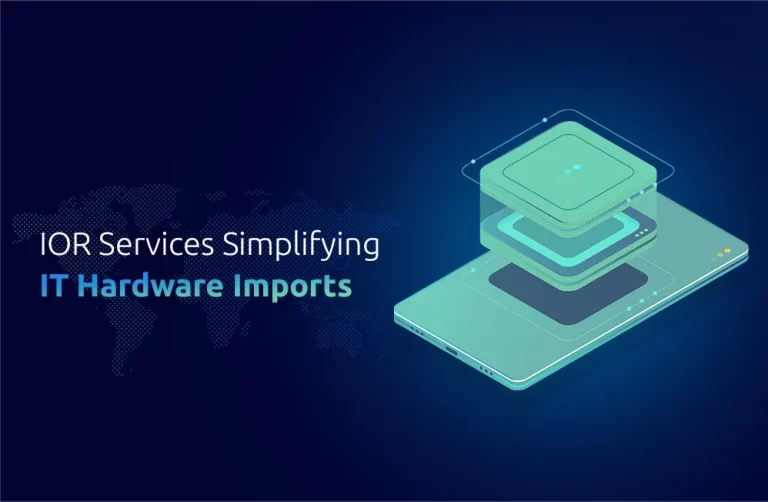DDP Services in Lesotho
In Lesotho, the use of DDP services is becoming essential due to its reliance on imports. The country’s customs system is guided by HS codes and HTS codes which make sure that goods are accurately categorized for tariffs and taxes. While DDP provides various benefits, challenges like delays at borders, limited infrastructure, and complexities in HTS harmonized tariff systems continue to exist.
Benefits of DDP Services for Lesotho
The DDP incoterm simplifies import processes for businesses by allowing sellers to manage all aspects of customs and taxes. This arrangement provides cost transparency, as buyers gain a clear understanding of total landed costs, helping them avoid hidden charges. Additionally, logistics companies that handle DDP shipping contribute to time-saving benefits by streamlining documentation, which ultimately ensures faster delivery times. Overall, DDP facilitates a more efficient and predictable import experience for businesses.
For small businesses, especially retailers importing goods, DDP (Delivery Duty Paid) makes operations easier by reducing the need for in-depth customs knowledge. In healthcare, medical equipment is frequently imported using DDP terms to make sure it meets the regulations of Lesotho. Overall, DDP simplifies the import process across various industries, making it more efficient and compliant.
Challenges in Implementing DDP Services
Managing complicated tariff systems can be challenging, especially when it comes to understanding HS and HTS code without the right guidance. Also, when sellers take on the responsibility of handling customs duties under DDP terms, it can lead to higher product prices for buyers. Additionally, logistical challenges arise for landlocked countries like Lesotho, which depend on Nearby nations to access ports, making it more complicated to execute DDP services effectively. Overall, these factors can create obstacles in the import process that businesses need to consider.
Future Prospects
The rise of global trade and e-commerce offers opportunities for Lesotho to leverage DDP services. Various Logistics companies are exploring advanced technologies like AI which helps to optimize routes and customs processes and Secure conformity with global HS and HTS codes. As trade barriers reduce, Lesotho could emerge as a regional hub for efficient cross-border logistics.
Conclusion
Delivery Duty Paid services provide significant opportunities for businesses in Lesotho to succeed in the international marketplace. By adopting DDP shipping and utilizing CIF transport terms where applicable, Lesotho can simplify imports, reduce costs, and promote economic growth.
Did you know?
Lesotho was the number 158 economy in the world in terms of total exports and the number 165 in total imports.








